Mandy Theis @mandyfineartist is a figurative painter and art educator, and graduate of the Aristides Atelier. She is the president and co-founder of The Da Vinci Initiative—a foundation that supports skill-based learning in K-12 art-classrooms.
Mandy is Director of the School of Atelier Arts which provides atelier training and resources to art teachers through online classes, workshops and conferences, and keynote speaker services. She is also an Academic Director at the Florence Academy of Art and runs the MA in Studio Arts Degree Program in a partnership between FAA and School of Atelier Arts.
Mandy is an advocate for visual literacy and figurative work in the contemporary art market.
Atelier Training & Visual Literacy
- “Atelier training is pretty much the way artists were trained up until about a hundred years ago. The idea being that there’s inherited artistic information that has been handed down through generation after generation from one artist to another artist.”
- “A lot of people don’t realize it, but there are actually scientific discoveries in art just like there are in every other field.”
- “We can’t really move art forward if we don’t understand what’s already known about visual literacy.”
- “[I’m working on a book that should be released over the next year] about how visual literacy matters to every profession, so each chapter is an atelier concept and how it matters to a certain profession.”
A Missing Piece in Art Education
- “With the advent of Modernism, there was this idea that training would ruin your creativity, and it was the artists themselves that purposely chose not to train the next generation.”
- “Nobody loves learning more than art teachers love to learn, and yet there’s been a separation between access to this skillset and how we train art educators in today’s time.”
The DaVinci Initiative
- “What we’re really trying to do is take this gap and close it and provide access to these skills to art educators so that they can incorporate it into their classrooms.”
- “Because the training fell out of favor, it’s very, very difficult for most art educators to access it.”
- “We’re increasing the ability to teach very important skills about how the eye actually sees information, interprets information. This isn’t just important for artists.”
- “It’s about helping your eyes seeing in a more nuanced way.”
- “The response has been overwhelmingly positive, because we’re offering something teachers love: learning.”
Skills-Based Art as Counterculture
- “It’s ironic that realism has become a counterculture movement in art, so to speak, or that skill-based art is the counterculture movement in art. But it excites me to think that skills matter again.”
- “Historically we probably know less about what it is that we’re seeing than humanity did a hundred years ago, with the access to the internet and more information in every other subject than we’ve ever had before.”
- “My incentive is that I want children to be able to create whatever artwork is in their heads and their hearts without compromise. I just want to provide additional options of what they can do in the classroom.”
- “Understanding color or shape or value or line in a really nuanced way, not just saying here’s a line…it changes how you see the world.”
Figurative Art in A (Post) Post-Modern Climate
- “I see these two huge, big names who we like to think of as the poster children of non-realist art, are embedded very heavily in realism, turning to realism, and learning as much as they can about it.”
- “If you look at gaming systems, often all the edges are really hard, which kills the illusion of depth […] even in these games where they’re trying to get you to believe you’re in these other worlds, there are little pieces of the inherited artistic knowledge base that are still missing—even though they’re trying more than anybody to be realistic. Technology can only do what we give it.”
- “I would argue that the reason that some of the abstract works are selling at such high price points have more to do with their branding. The branding of high-end galleries, high-end collectors, or high-end auctions. But it’s not just abstract work that’s received that kind of branding[…] I think we have to understand as realist artists what that game is, and how we can play it or get around it.”
The Middle-Class Collector
- “We’ve lost the knowledge of collecting and the confidence of collecting in that middle-class range. There are many people that have a million dollar house with five-dollar prints on the walls.”
- “As artists especially, it’s our job to help educate the public on how to purchase artwork, how to collect artwork, the value of having a real painting in your home versus a print on your wall […] encouraging and educating that middle segment to renew that knowledge base. It’s not just the skills of artmaking that were set aside for the last five-hundred years, it’s skill of collecting.”

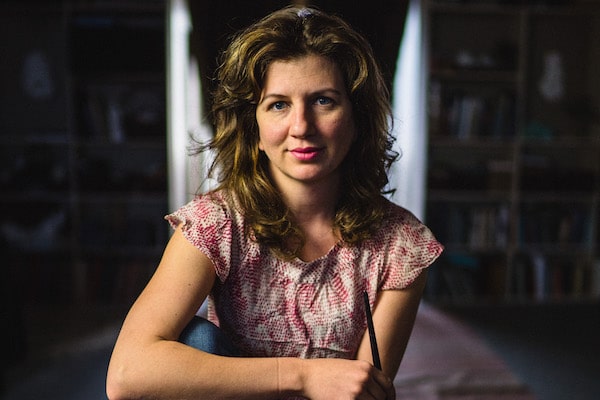

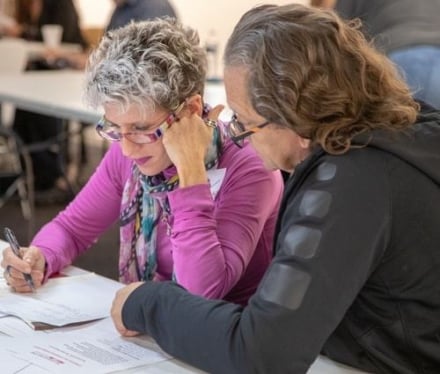
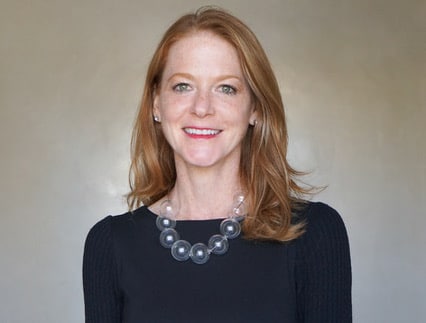

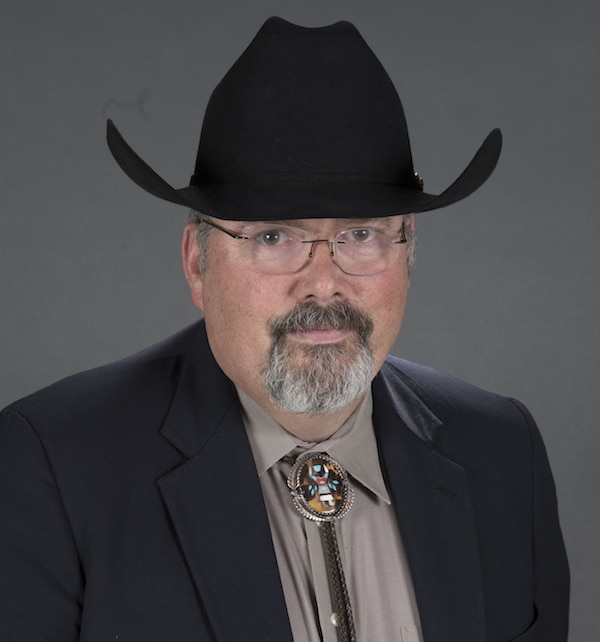
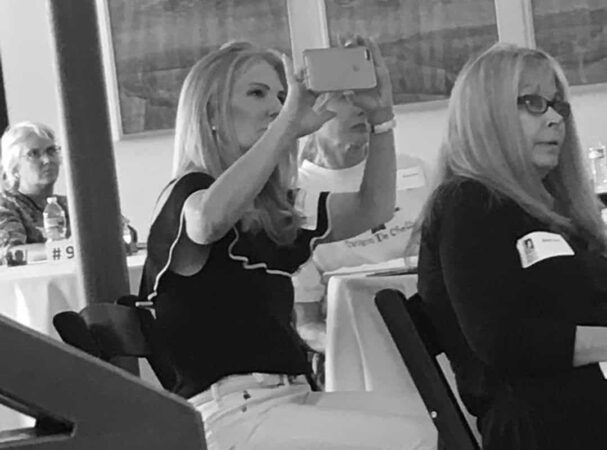
Fantastic podcast. Mandy is a wonderful teacher and her workshops have been invaluable to me as an artist, teacher, and therapist.
This is one of the best interviews I have heard on the topic of classical skill-based art in atelier training and K-12. I have been following the Da Vinci Initiative for years and have shared out this podcast and articles by Mandy Theis to raise awareness of such an important movement in our society. Thanks for providing this podcast.